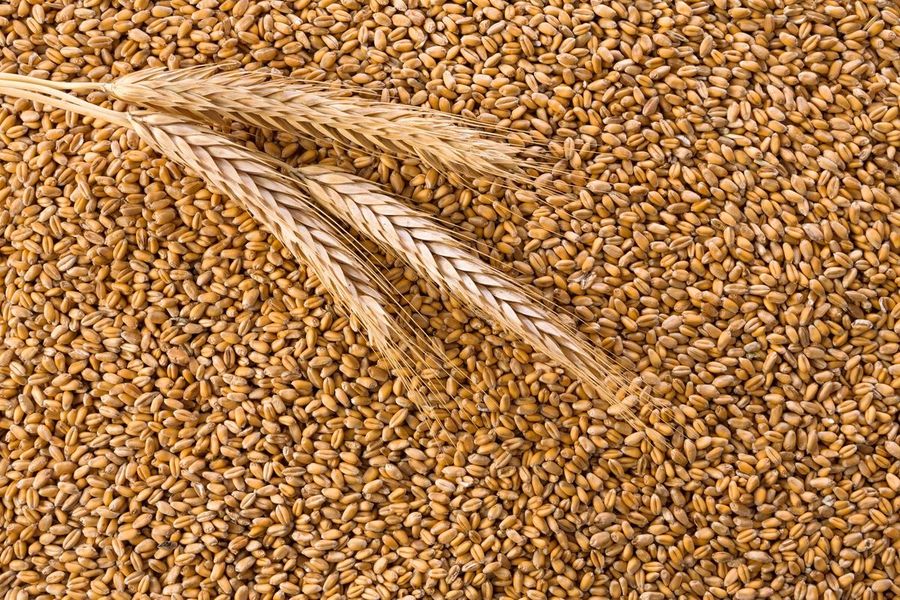Indonesia to Surge Wheat Imports in 2024 Amid Rising Flour, Feed Demand and Drought Impact

Indonesia is poised to increase its wheat imports significantly in 2024, eclipsing the 10.87 million metric tons brought in last year, as a response to heightened demand for flour and animal feed. Franciscus Welirang, Chairman of the Indonesian Flour Producers Association, highlighted the anticipated growth in consumption during an industry conference in Jakarta. With Indonesia ranking as the world’s third-largest wheat importer, the country’s reliance on wheat from Australia, Canada, the U.S., and the Black Sea region is more critical than ever.
Several factors are contributing to Indonesia’s growing wheat demand. Firstly, Franciscus Welirang forecasts a 5% increase in the country’s flour consumption compared to 2023. This rise is attributed to a growing appetite among Indonesians for wheat-based products. Additionally, a significant downturn in corn production last year, exacerbated by a severe drought linked to an El Nino weather pattern, has tightened animal feed supplies. Indonesian grain buyers are now turning to imports of lower quality wheat to fill the gap, with contracts already signed to procure around 300,000 tonnes of wheat from Ukraine and Russia. This shift not only addresses the immediate shortfall in feed grain supplies but also capitalizes on the comparatively lower prices of imported wheat against skyrocketing local corn prices.
The logistical intricacies of transporting these increased wheat imports are also noteworthy. With heightened risks associated with traversing the Red Sea due to concerns of vessel attacks, many ships are rerouting around the Cape of Good Hope. This diversion, as noted by Welirang, results in extended transit times and increased freight costs. Despite these challenges, the strategic importance of securing sufficient wheat supplies has led Indonesian buyers to adapt their import strategies accordingly, ensuring the nation’s food and feed demands are met.
The decision to ramp up wheat imports has broader implications for Indonesia’s food security and economic stability. As the country navigates the complexities of global trade and environmental challenges, its ability to adapt to changing circumstances is crucial. This increase in wheat imports not only reflects Indonesia’s resilience in the face of adversity but also underscores the interconnectedness of global agricultural markets. As Indonesia braces for these changes, the world watches closely, recognizing the country’s role as a significant player in the global wheat trade.
As Indonesia moves forward with its plans to bolster wheat imports, the repercussions extend beyond immediate food and feed concerns, potentially influencing global wheat prices and trade dynamics. The nation’s proactive approach in addressing its agricultural challenges illuminates the broader themes of food security, trade adaptability, and economic resilience in an ever-evolving world landscape.
Read also
Wheat in Southern Brazil Impacted by Dry Weather and Frosts
Oilseed Industry. Leaders and Strategies in the Times of a Great Change
Black Sea & Danube Region: Oilseed and Vegoil Markets Within Ongoing Transfor...
Serbia. The drought will cause extremely high losses for farmers this year
2023/24 Safrinha Corn in Brazil 91% Harvested
Write to us
Our manager will contact you soon



